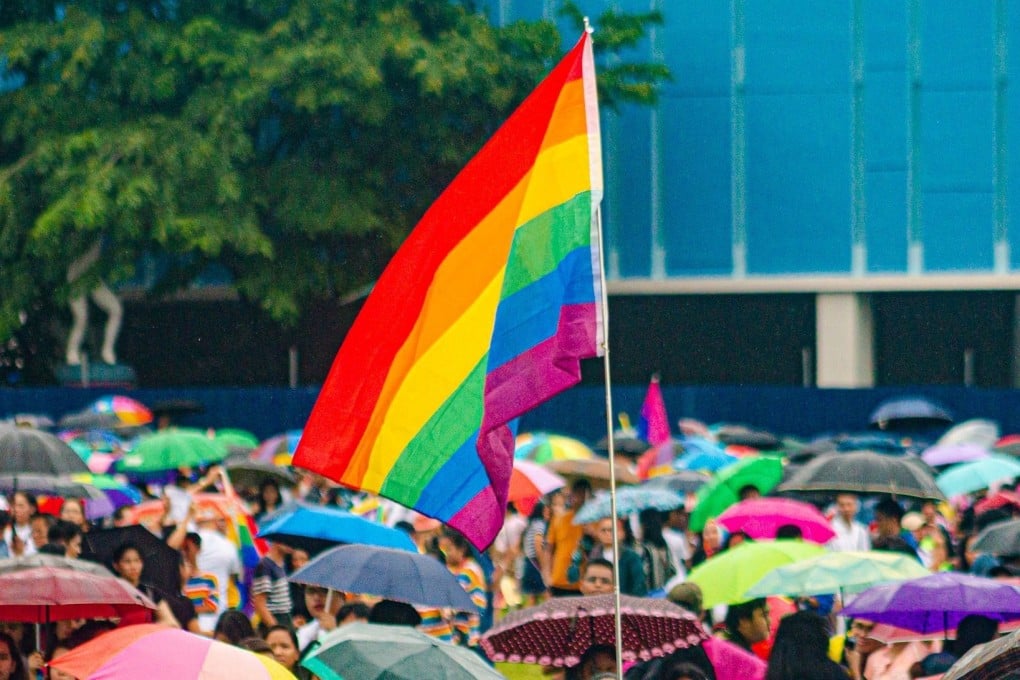Advertisement
As Philippines marks pride month, low-income LGBT folk struggle to be heard
- Every June, Filipinos from the LGBT community gather to assert their rights, but working-class people face challenges in being out and free
- Advocates say local anti-discrimination laws don’t go far enough to protect the community, while a house bill to protect LGBT folk has been stymied for years by Duterte’s allies
Reading Time:5 minutes
Why you can trust SCMP
1

Geela Garciain Manila
Anne Villarama, a 37-year-old housekeeper in Manila, longs to be able to wave a rainbow flag in a pride parade without fear one day.
The mother of one belongs to the LGBT community, which has long faced discrimination in the Philippines, a country with a mostly Catholic population that has conservative views around issues of gender diversity.
For many LGBT folk, the pride month of June has been a time for the community to rally and assert their rights. Until the Covid-19 pandemic put a halt to physical events, the turnout at pride marches had risen every year, with the Metro Manila Pride march seeing a record 70,000 attendees in 2019.

But for people like Villarama, being part of the working class makes it a challenge to be openly free to be themselves.
Advertisement
“My mother still doesn’t know I’m bisexual,” she said. “I cannot come out to her because I still remember her enraged reaction when somebody asked if I’m not straight.”
Villarama earns the city’s minimum wage of 537 pesos (or US$11) a day, most of which goes back to her family in her hometown. Their survival is her top priority.
Advertisement
“I’d tell my family if they ask, but I don’t think about it much now because what’s important is I’m able to send them money,” she said.

Advertisement
Select Voice
Choose your listening speed
Get through articles 2x faster
1.25x
250 WPM
Slow
Average
Fast
1.25x